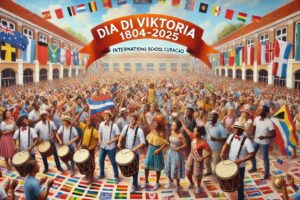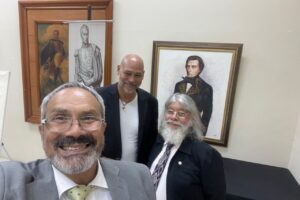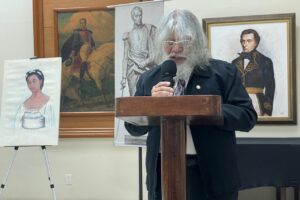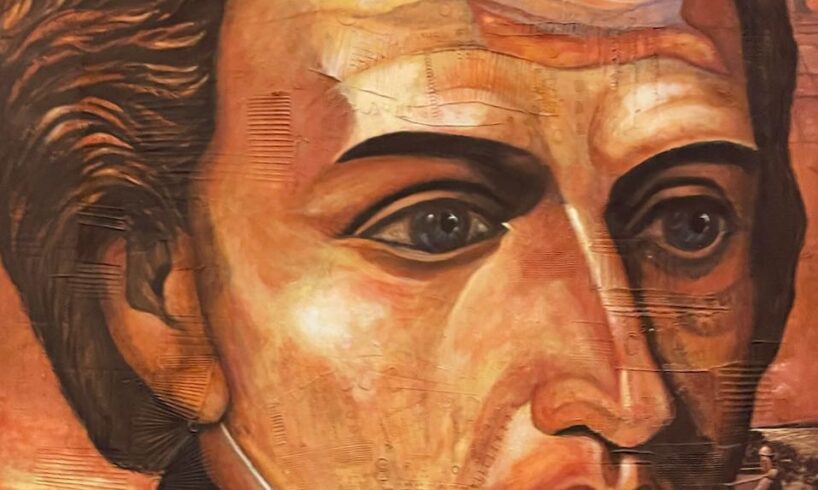
Analysis of José Carlos Blanco Rodríguez’s Article on Manuel Piar’s Trial
In “El Juicio al General Manuel Piar: Un Proceso Polémico Visto por Escritores Guayaneses Contemporáneos,” José Carlos Blanco Rodríguez dives into one of Venezuelan independence history’s most controversial episodes: the trial and execution of General Manuel Piar.
The author dissects this polarizing event, which has divided historical opinion between “piaristas” and “bolivarianos” for centuries. Rodríguez analyzes various interpretations from prominent Guayanese voices—Ovidio Figueroa, Omar Duque Jiménez, and Rafael Marrón—each providing distinct arguments on the motivations and fairness of Piar’s trial.
Summary of Key Perspectives
- Ovidio Figueroa presents Piar’s death as an assassination stemming from political envy, directly accusing Bolívar of eliminating Piar due to his increasing influence. For Figueroa, Piar’s execution was a politically motivated murder rather than a justifiable legal punishment.
- Rafael Marrón offers the opposite stance, portraying the trial as justified and depicting Piar as a traitor who received a deserved punishment. Marrón defends the trial as a necessary measure to uphold the revolutionary cause.
- Omar Duque Jiménez provides a balanced perspective. He acknowledges the injustice of the execution but refrains from placing sole blame on Bolívar. Instead, he suggests that other political forces and contexts influenced the ultimate decision.
Analysis
Rodríguez’s work reveals the complex ways history is viewed through regional, political, and personal lenses. By exploring how writers from Guayana interpret Piar’s fate, Rodríguez shows how deeply local perspectives can shape national historical narratives.
The trial of Piar is presented as not just an isolated event but a symbol of Venezuela’s contested memory, with piaristas seeing him as a martyr and bolivarianos defending Bolívar’s actions. This regional debate exposes how new generations continuously reinterpret historical events, adding layers of meaning to Venezuela’s independence story.
The article also addresses the intersections of law, morality, and politics in Piar’s trial, raising ethical concerns about whether justice was genuinely served. While the prosecution may have appeared legally sound, the underlying political motives question its fairness. This examination highlights the challenges in balancing individual rights and revolutionary imperatives, particularly in a period as tumultuous as the struggle for independence.
Commentary
Rodríguez’s study underlines the difficulty separating historical fact from personal and political bias. The narrative surrounding Piar’s trial serves as a cautionary example of how historical figures can be celebrated or condemned based on shifting political needs. By juxtaposing various interpretations, Rodríguez encourages readers to consider marginalized regional voices, which can reveal complex truths often overlooked in mainstream histories.
This analysis also implicitly critiques the “great man” theory of history by scrutinizing Bolívar’s actions. While political pressures likely influenced Bolívar’s decisions, Rodríguez suggests they still require ethical examination. In doing so, the article prompts readers to adopt a more comprehensive view of Bolívar, recognizing his accomplishments and moral ambiguities.
Conclusion
Rodríguez’s work calls for a critical approach to history, challenging readers to question conventional narratives and to seek a nuanced understanding of figures like Piar and Bolívar. The analysis enriches the ongoing debate surrounding Venezuelan independence by highlighting multiple perspectives, ultimately arguing for a history that appreciates complexity over myth.
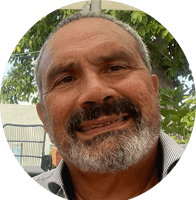
Tico Vos is a professional photographer, producer, and tourism specialist. He has been documenting the History, Culture, and News of Curaçao. This site is a documentation of the history of Manuel Carlos Piar.

